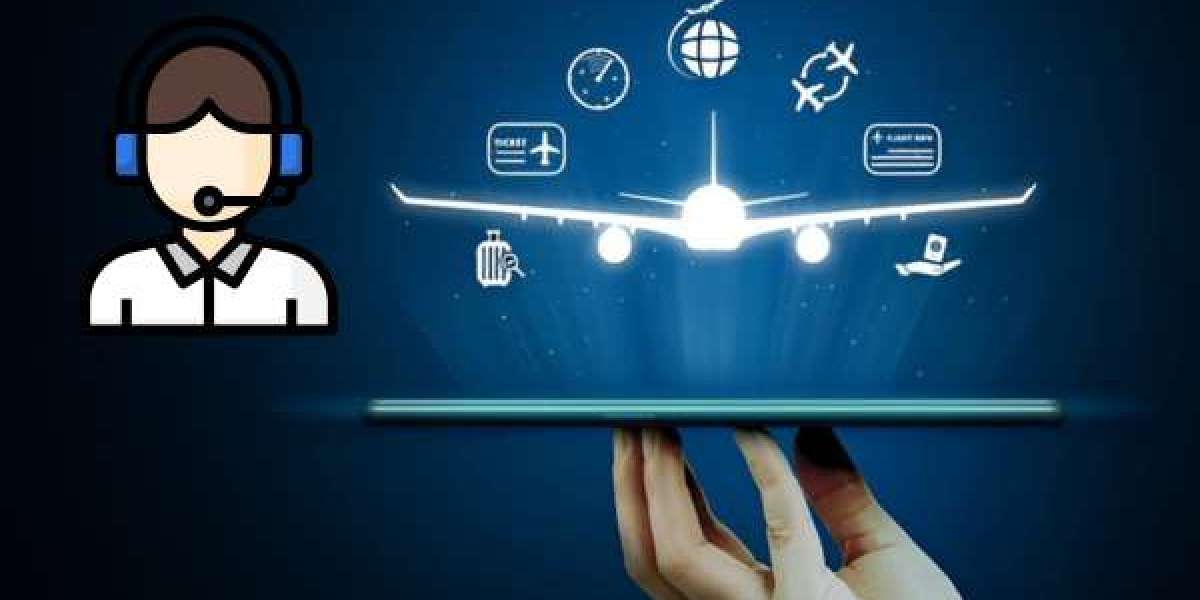The travel industry thrives on speed, convenience, and customer satisfaction. Whether it’s booking flights, managing reservations, or handling last-minute changes, travelers expect seamless support around the clock. That’s why many travel companies turn to outsourced tech support—to maintain 24/7 availability, reduce costs, and deliver excellent service.
But outsourcing only pays off when you know how to measure success. Tracking the right metrics ensures that your support partner aligns with your business goals and provides real value. Let’s look at the key metrics every company should monitor when outsourcing tech support in travel
1. First Response Time (FRT)
Why it matters: In travel, delays can cause stress, missed connections, and lost trust. The quicker a customer gets help, the better their experience.
What to track: Average time taken for support agents to respond to the first ticket, call, or chat.
Goal: Aim for minimal lag—preferably under a few minutes for chat or calls, and under an hour for email.
2. Average Resolution Time (ART)
Why it matters: Customers want issues solved, not just acknowledged. Fast resolution is especially crucial in emergencies like flight cancellations or payment failures.
What to track: Time taken from the moment a ticket is opened to the moment it’s resolved.
Goal: Balance speed with accuracy. Quicker isn’t always better if it sacrifices quality.
3. First Contact Resolution (FCR) Rate
Why it matters: Every additional interaction increases customer frustration. Resolving issues in the first interaction builds trust and reduces repeat workload.
What to track: Percentage of tickets resolved without needing a follow-up.
Goal: A strong FCR rate shows that your outsourced team is skilled, trained, and empowered to solve problems effectively.
4. Customer Satisfaction (CSAT) Score
Why it matters: In the travel industry, customer experience is everything. A simple post-interaction survey can reveal how travelers feel about your support.
What to track: Average rating customers give after receiving support (usually on a scale of 1–5).
Goal: Consistently high scores signal that the outsourcing partnership is delivering value.
5. Net Promoter Score (NPS)
Why it matters: NPS goes beyond a single interaction—it measures loyalty. Travelers are asked how likely they are to recommend your service to others.
What to track: Percentage of promoters (scores 9–10) minus detractors (scores 0–6).
Goal: A rising NPS means your tech support isn’t just fixing problems—it’s creating satisfied, loyal customers.
6. Ticket Volume & Peak Time Analysis
Why it matters: Travel businesses face seasonal spikes—holidays, summer vacations, or unexpected global events. Outsourcing should help manage these surges.
What to track: Number of tickets by time of day, day of week, and season.
Goal: Ensure your support partner has the scalability to handle fluctuations without service gaps.
7. Service Level Agreement (SLA) Compliance
Why it matters: Your outsourcing contract likely includes SLAs for response times, resolution, uptime, and availability. Monitoring compliance ensures accountability.
What to track: Percentage of tickets and calls handled within SLA commitments.
Goal: Consistent SLA compliance shows your provider is meeting agreed-upon standards.
8. Cost per Ticket/Interaction
Why it matters: Outsourcing is often about cost efficiency, but savings should not compromise quality.
What to track: Total cost of outsourcing divided by the number of tickets resolved.
Goal: Balance affordability with high-quality support.
Final Thoughts
Outsourcing tech support in the travel industry can be a powerful way to scale, reduce costs, and deliver exceptional service. But success depends on tracking the right performance metrics. By monitoring these KPIs—First Response Time, Resolution Time, FCR, CSAT, NPS, Ticket Volume, SLA compliance, and Cost per Ticket—you can ensure your outsourcing tech support is helping your business grow while keeping travelers happy.
In a competitive industry where customer experience defines success, the right metrics turn outsourcing from a cost-saving move into a true strategic advantage.






